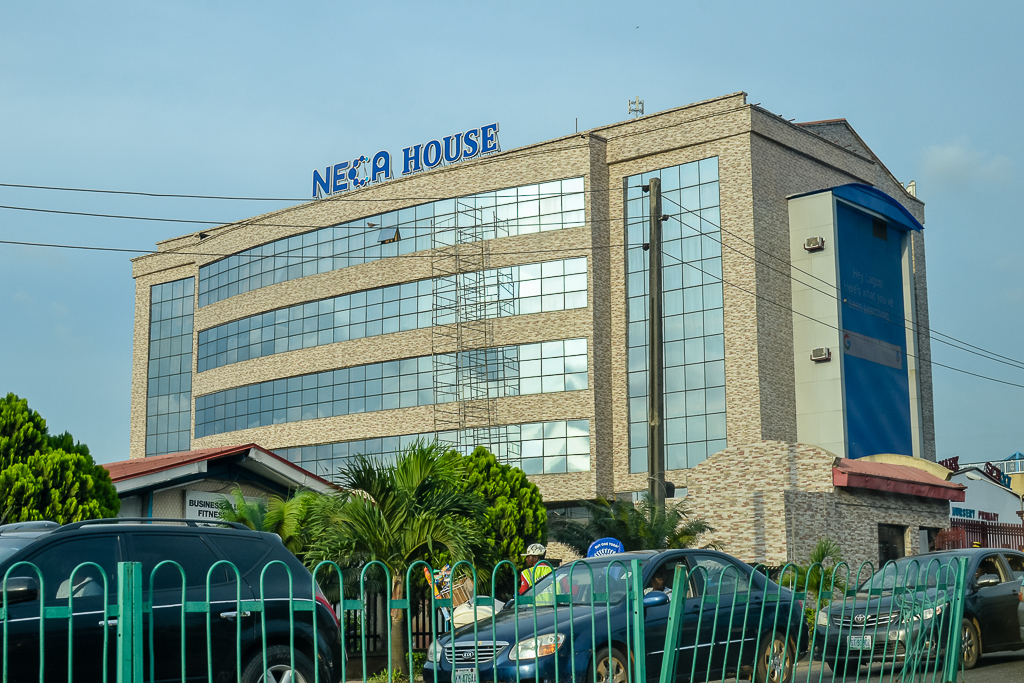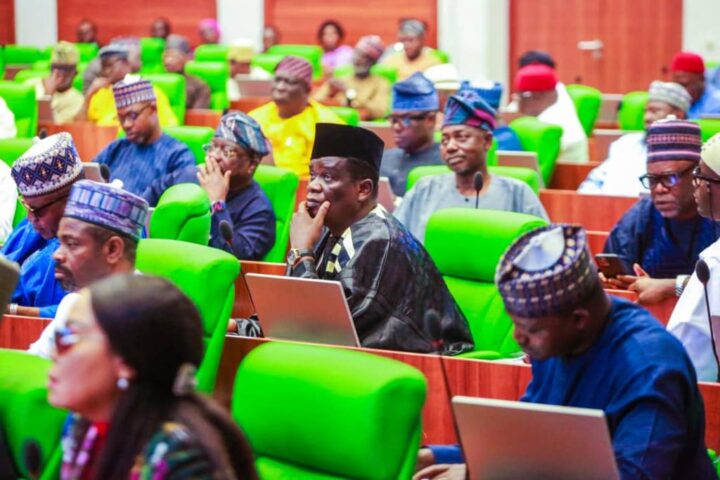The Nigeria Employers’ Consultative Association (NECA) has faulted the expatriate employment levy recently introduced by the federal government.
Adewale-Smatt Oyerinde, director-general of NECA, spoke in a statement on Sunday.
He said the levy, if implemented, will not only distort and frustrate the ongoing efforts at a clear reform of the fiscal and monetary space but also contradict and render ineffective the president’s ongoing quest for foreign direct investment (FDI).
“It will also serve as a disincentive to FDI among many other unintended negative consequences,” he said.
Advertisement
“The levy of between $10,000 to $15,000 on employers that employ expatriates when Nigeria is actively seeking FDI is not only exploitative and extortionist but also a contradiction that cannot be explained.
“While we support the federal government’s objective of developing the local workforce, we have been at the forefront of promoting skills transfer, technical skills development, and employment generation.
“However, the recently launched initiative of the ministry of interior has the potential to create more fundamental economic and socio-labour distortions.
Advertisement
“The imposition of $15,000 and $10,000 on organisations that employ expatriates at a time when businesses are shutting down and leaving the country in droves is worrisome.
“Recent results of many businesses have shown massive losses, a situation that could potentially increase the level of unemployment with dire socio-economic consequences.”
Oyerinde raised concern about the legality and appropriateness of the levy, saying the government cannot impose a tax or levy without appropriate legislation.
“For instance, Section 59 of the Nigerian constitution requires that any imposition of tax, duty, fee, or levy must be backed by an act of the national assembly,” he said.
Advertisement
“Levies that are imposed without complying with the provisions of section 59 of the constitution offends the constitution and are illegal.”
Oyerinde urged the government to prioritise strengthening existing regulatory bodies rather than imposing additional levies, thus ensuring a more responsive and accountable regulatory framework in the implementation of extant laws.
He stressed the adoption of fiscal incentives to enhance investment attractiveness, support business stability, and prioritise measures that facilitate ease of doing business to attract both local and foreign investors.
On February 28, 2024, President Bola Tinubu launched the expatriate employment levy (EEL) to close wage gaps between expatriates and the Nigerian labour force.
Advertisement
The EEL also mandates firms to pay levies for hiring expatriates and provides guidelines on the employment of Nigerians in foreign-owned companies.
Tinubu said the policy, which was initiated to oversee expatriate employment in the country, should not become a hindrance to foreign investment.
Advertisement
Add a comment






